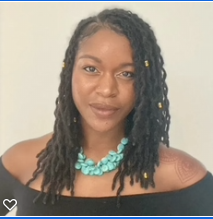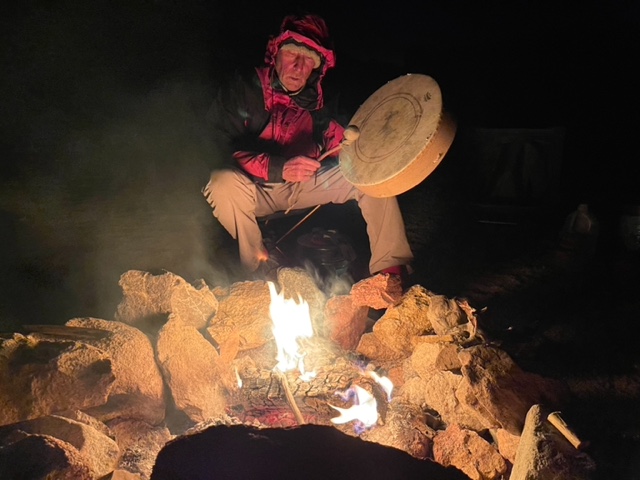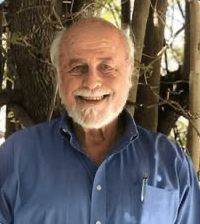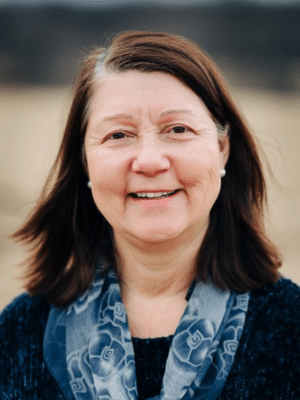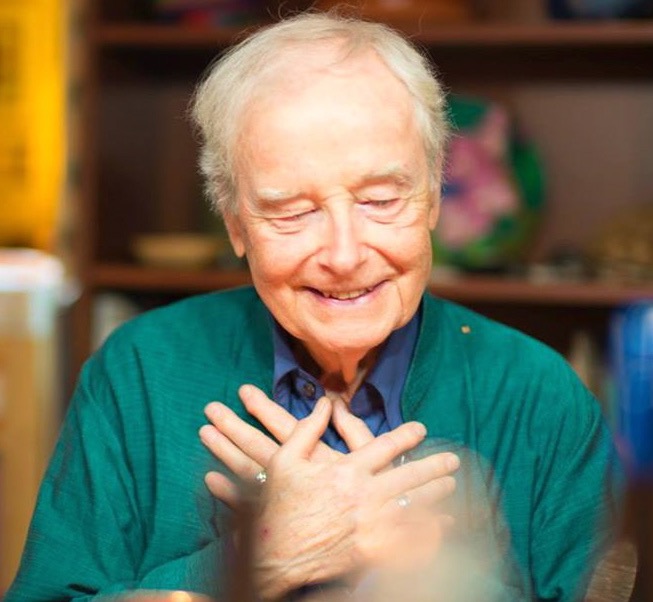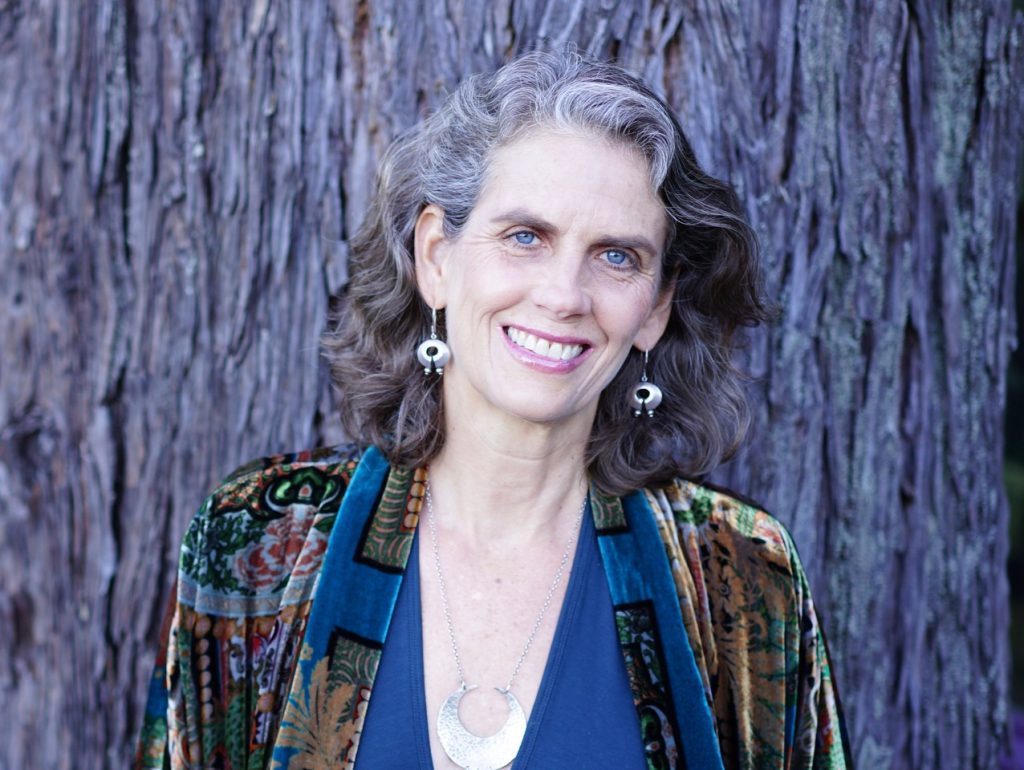“Any drug can be used successfully, no matter how bad it’s reputation,
and any drug can be abused, no matter how accepted it is.
There are no good or bad rugs;
there are only good and bad relationships with drugs.”
― Andrew Weil, M.D.
“The difference between passion and addiction
is that between a divine spark and a flame that incinerates.”
― Gabor Maté,
“By banning psychedelic research
we have not only given up the study of an interesting drug or group of substances,
but also abandoned one of the most promising approaches
to the understanding of the human mind and consciousness.”
–Stan Grof
I’ve been thinking about writing about drugs for the longest time. There is so much to say and it’s also hard to keep up with the changing mood of the public at large and the slower but noticeable changes taking place in public policy. So it’s been hard to know where to begin.
But now, the New York Times has published the sanest, most sensitive, rational and clear and…did I say, SANE, article on drugs that I’ve yet seen in the mainstream media. As I read it, little wows kept going off in my mind. Wow, this person really gets it, the whole picture: the stupid waste and destruction of the war on drugs, the false assumption that some drugs are inherently addictive, harm reduction, legalization, cultural appropriation of native cultures, the healing and spiritually awakening potentials of psychedelics, and more. The author even managed to write about all this without what has become the required disparaging note about Tim Leary, even offering a respectful observation of Leary’s insight about set and setting (which, in fact, this is all about – see below).
At the bottom of the article I found out the author is Michael Pollan, which then made sense. He’s the best selling writer about food who then wrote about his exploration of psychedelics in his book, How to Change Your Mind, and has made psychedelic journeys a best selling experience. I say that respectfully. I’ve been closely aware of what Pollan calls “the underground psychedelic movement” (as distinguished from the “above ground” much smaller, but growing, network of government sanctioned research studies at various university medical schools). Pollan’s book has brought folks who may or may not have done some acid or shrooms “back in the day” out seeking psycho-spiritually or shamanically guided experiences with entheogens (the now preferred word for psychedelics). And I think that’s a very good thing (for the most part – again, see below).
Suffice it to say, I highly, highly recommend you read Pollan’s article, “How Should We Do Drugs Now?” https://www.nytimes.com/2021/07/09/opinion/sunday/drug-legalization-mdma-psilocybin.html?referringSource=articleShare
AND, let me take advantage of this moment of sharing the lucid writing of Michael Pollan to segue into offering some of my own thoughts on the subject that I hope you find interesting.
Coming back to set and setting. Basically, this means that a psychedelic (for example) does not contain in itself the states of consciousness that people experience with them. Rather, they are catalysts for what is happening with the mix of the setting (all that is out around the person – people, sound, environment, etc.) and the set (all that is within the person – expectations, fears, hopes, beliefs, intentions, etc.). In truth, and Pollan does say this, this is happening all the time with everything that we experience. Our inner world is meeting with the outer world and producing an experience.
When I was teaching a class on chemical dependency treatment at several schools in California in the 90’s, I developed a model that I feel applies to everything we relate with whether drugs and alcohol or people, places, things, or even processes or activities like sex, exercise or eating. The idea is that we relate with a quality of consciousness, a mindset, that defines and makes the relationship into one that is very destructive or very helpful, even sacred.
These kinds of relationships can be thought to exist on a continuum from addiction to spiritually awakening. And the interesting thing is that almost anything can be used in any of these ways, depending on the set and setting. Andrew Weil, whose classic on the subject, From Chocolate to Morphine, gives numerous examples of the ways that different cultures (settings) have made use of substances that we think of as destructive and addictive (e.g.: opiates, coca, tobacco) in healthy and sometimes sacred ways. If we only know about the unhealthy ways people in our culture have related to them, we tend to think the substance is inherently bad.
I portray the continuum of relationship this way:
______________________________________________________________________________
Addiction Abuse Recreation Learning/Creative Sacred/Spiritual
Fo another example, it’s not too hard to see how one can have a kind of relationship with another human being that falls within any of these descriptors: addictive, abusive, recreational, etc.. Likewise with sex, exercise, food (or certain foods), or any substance. It’s all in how we relate.
Some folks seem able to use substances recreationally that other folks abuse or use addictively. For some people, the healthiest way to be with a certain substance may be to only use it ritually or ceremonially with a clear intention, or not at all. I once worked with a medical doctor who was smoking two packs of cigarettes a day. In a visionary experience he came to see that he loved tobacco but that the healthiest way for him to relate with it was to put a small amount in a bowl on an altar and not smoke it. He stopped smoking from then on.
As marijuana legalization is now the rule in a growing number of states, and will likely be legal nationally before long, it’s a good idea to recognize that pot (like very legal alcohol) is not an innocuous substance. It can indeed be abused and people can be addicted. That in no way means it should be illegal or criminalized. People need to learn to form healthy relationships with it if they are going to use it. To quote Tim Leary again, “Just say KNOW.” Know what you are doing and how you are doing it. Pot can relax and help sleep, it can be fun, it can inspire creative, artistic work, it can be used to amplify spiritual discovery. It can also be used to numb the mind, amplify depression and stunt motivation. To say it one more time: it’s how we relate with it.
With stronger psychedelics now becoming mainstream, we should also be aware of some dangers. Inexperienced users taking potent substances in chaotic settings and untrained “guides” setting up shop to lead sessions may very well lead to dangerous and harmful events and be a setup for another backlash.
All that said, I am one of those who find the upsurge in interest in the healing and spiritual awakening uses of psychedelics to be a very good thing. I know it may be a stretch to say, but it may be the primary thing that will keep humanity from driving over the cliff. But I’ll leave that for another day.
One last thing. Here is a great place to go for understanding the care and mindset that goes into a healthy guides orientation for “holding space.” Please see The Guiding Presence: https://theguidingpresence.com/.
